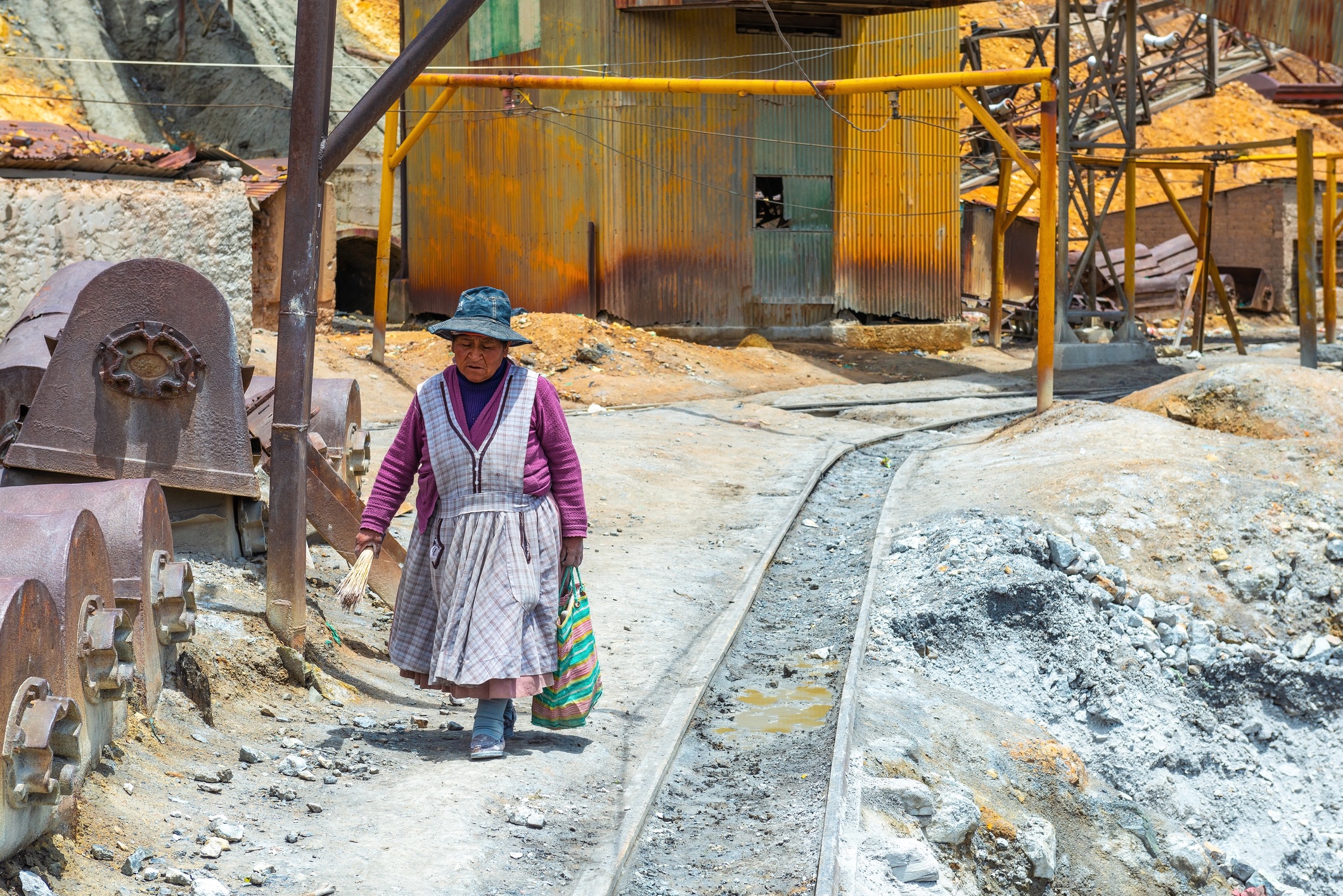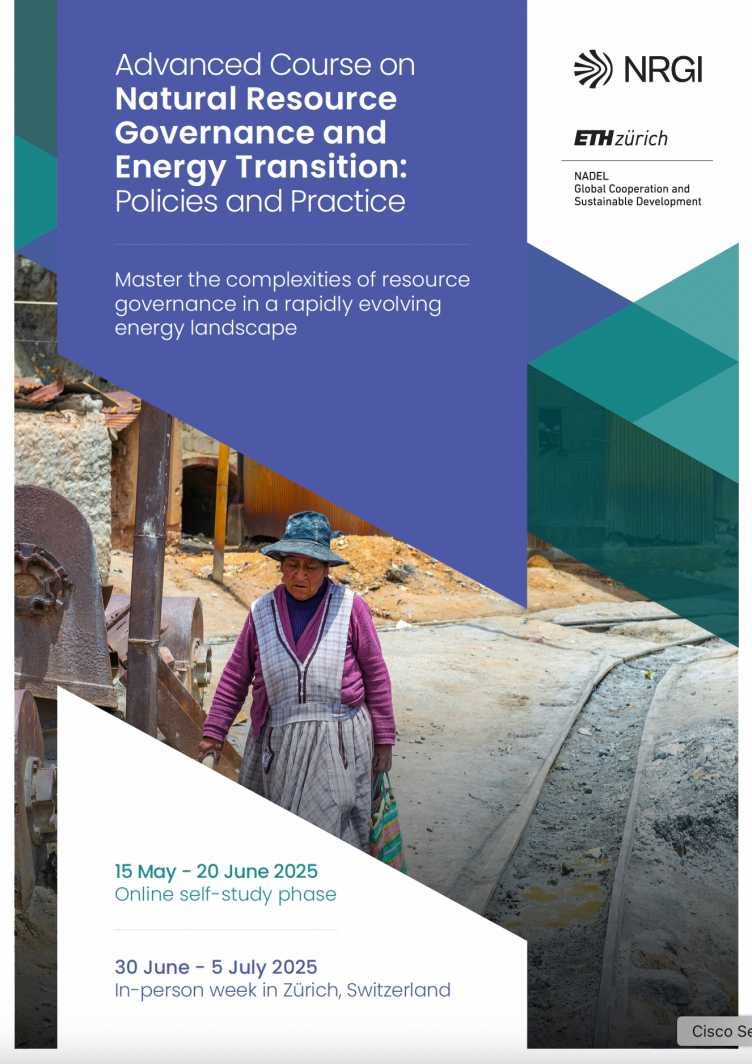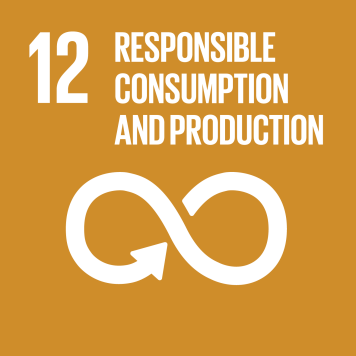Natural Resource Governance and Energy Transition: Policies and Practice
Advanced course

Duration: 15.05.-20.06.2025 (online) and 30.06.-06.07.2025 (in person, Zurich)
Teaching format: Online and in person
Course objectives:
Natural resource extraction can create both opportunities and challenges to sustainable development and poverty reduction. This course equips participants with the tools and knowledge to navigate the complexities of natural resource governance in the context of the global energy transition to improve equity, oversight and better governance of the extractive sector. Participants learn approaches to analyse energy transition challenges and hands-on tools in the areas of taxation, revenue management and local value creation. These skills are paramount to leaders in natural resource governance who need to translate transition challenges into opportunities in their specific country contexts and understand the impact of politics and power on policy outcomes.
Key topics:
- Energy transition related challenges for fossil fuel and critical mineral producing countries
- Political economy of natural resource extraction
- Fiscal regimes, taxation, revenue management
- Environmental and social impacts of extraction
- Community engagement and local value creation
- Diversification and linkages building
- Governance of state-owned companies
ECTS points: 4
Course costs: CHF 4500 (Course fee: CHF 3000, Accommodation costs: CHF 1500)
Participants: Leaders and change-makers from government agencies, civil society, state-owned companies, parliaments, media, international development agencies, and the private sector, as well as academics, researchers, and analysts.
Lecturers:
- Dr Fritz Brugger, NADEL
- Felicitas Fischer, NADEL
- Experts from NRGI and other organisations

Offered in collaboration with the external page Natural Resource Governance Institute (NRGI)

